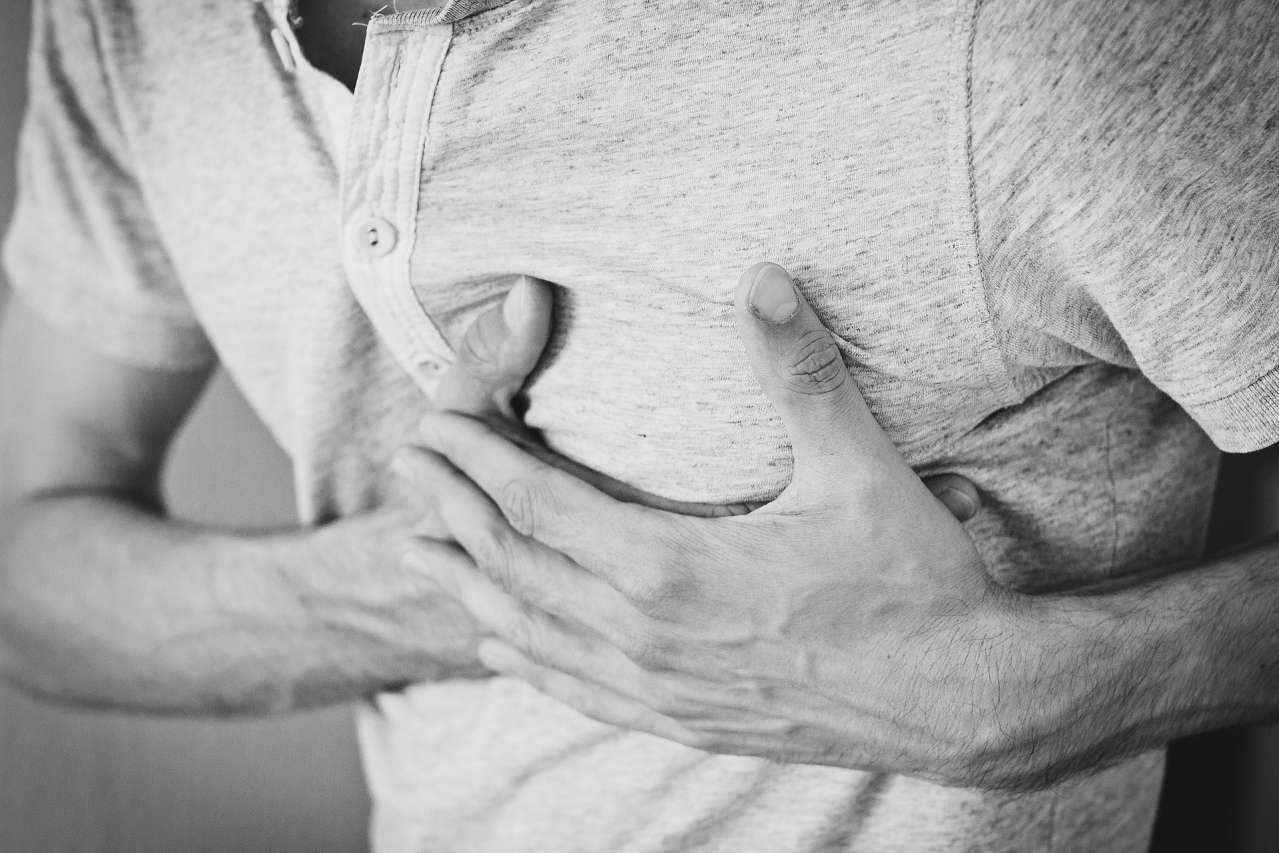Panic attacks involve a combination of emotional, mental and physical symptoms that can cause a person to feel extreme embarrassment, fear of losing control, or desperate to escape the situation.
What is a panic attack
Panic attacks (episodic paroxysmal anxiety) are attacks of severe anxiety (panic) or fear (most often - fear of death, less often - fear of loss of consciousness, loss of control, helplessness or fear of “going crazy”), accompanied by a rapid heartbeat and a feeling of “suffocation” , "lack of air."
What can cause a panic attack
The causes of panic attacks can be stress, increased anxiety, depression, and general exhaustion of the body.

Sometimes they can be caused by hormonal disorders, pathologies of the central nervous system, and some somatic diseases.
How to tell if you're having a panic attack
Main symptoms: rapid heartbeat, feeling of lack of oxygen, redness of the skin, increased sweating, dizziness, a feeling of derealization (“as if this is not happening to me” and “I’m looking at myself from the outside”), fear of death or madness.
What happens if panic attacks are left untreated
Refusal of timely treatment can lead to a personality disorder, which in an advanced stage cannot be cured.
Some people suffering from frequent panic attacks may experience a refusal to eat, followed by the development of dystrophy and diseases of the internal organs.












